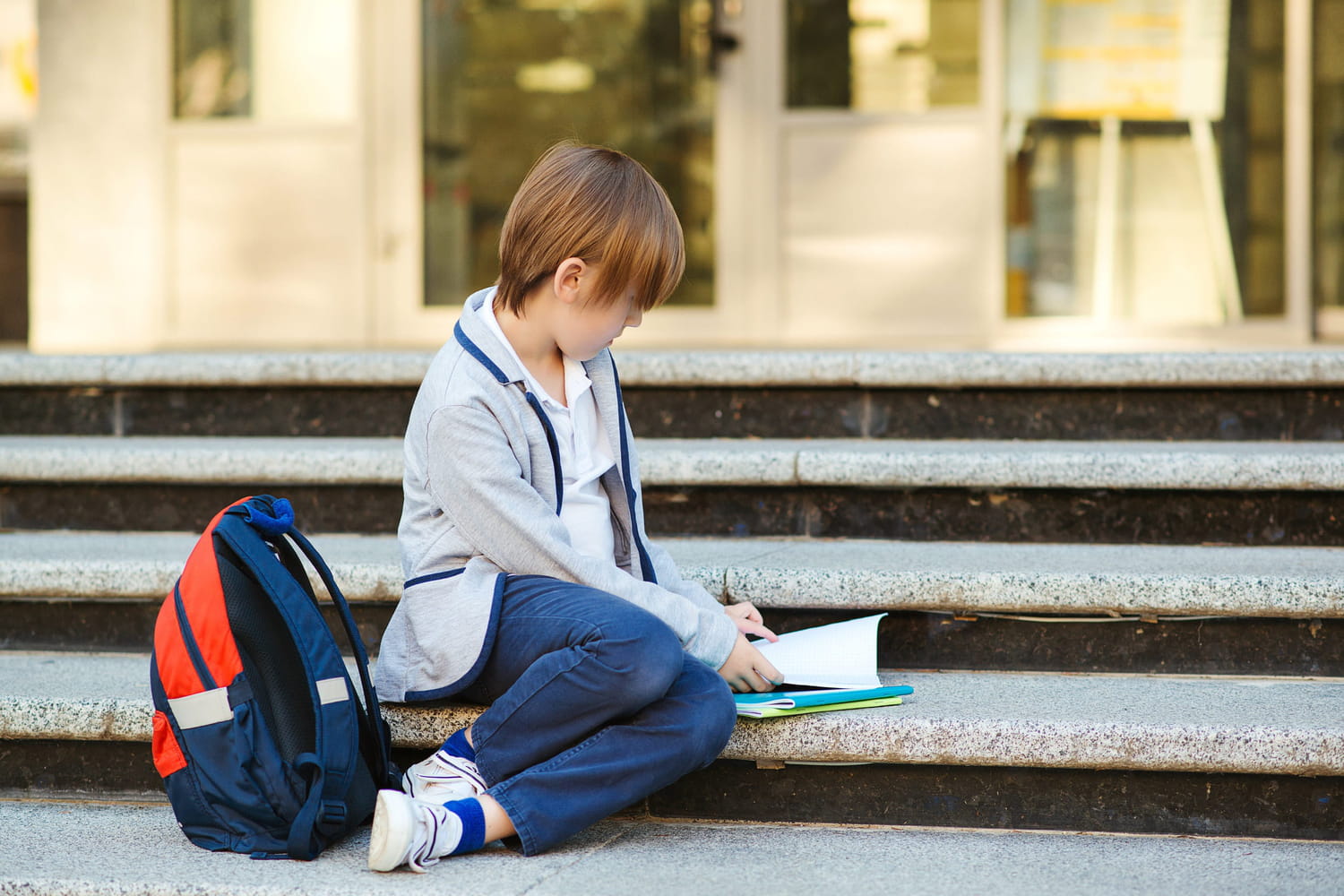Some children are struggling to get friends at school. A situation that should not be minimized because it can reveal a deep discomfort. Psychologist Philippe Scialom explains why and how to react.
Integrating into school is not easy for all children, especially when they have few friends and spend a lot of time alone in the courtyard. But you have to make a difference: “Either the child has always been isolated, or loneliness appeared at a specific moment. In the first case, the date of kindergarten, during the period of socialization”explains Philippe Scialom, psychologist. In these situations, the child can cry before going to class, missing insurance in a group and being qualified as shy. Parents must then encourage him to go to others, remind him that it does not matter if some refuse to play with him, and push him to express himself, even at home. If nothing changes, loneliness becomes a source of suffering and requires help.
Why do some children fall back on themselves?
This problem, if it is really one, touches girls more than boys … “It manifests as follows: everything was fine with the others at the beginning and then at once, there was a break. They need to assert themselves, to compare themselves. They can send themselves very hard things … At that time, girls have exclusive friendships. If it does not go, they will live this moment as an abandonment. This problem touches the boys less because they are more open to the group, socialization “, underlines Philippe Scialom.
In teens, isolation can worsen. “Parents must listen, encourage their child to go to others, offer things … There is real suffering. Especially since it can be a trigger for something else. Relations with others are never trivial. Especially since they reflect the links we have had with his parents”adds the psychologist.
What are the possible causes of timidity?
A shy child often avoids birthdays, evenings or group games. Language difficulties can strengthen isolation: unable to negotiate a toy, it deviates or becomes aggressive. The family climate also plays a role. “Many parents then come to see me and tell me: “It’s incredible, at home my child is happy, and at school, I am described as someone withdrawn from him, who has no friends“, Note Philippe Scialom.
At home, the child feels safe, but remains helpless without his parents, for lack of autonomy. He can also be silent to protect his mother or father. Repeated moves also weaken his friendships and multiply the ruptures.
Without being intrusive, parents can ask simple questions from time to time: “Who did you play with? Speaking with the teacher also helps to understand the situation. The dialogue is key, but collective activities such as theater or scouts strengthen sociability. A consultation can also unlock things: the earlier it takes place, the better.
Some profiles, such as early children, require special support. “Once, a youngster came to see me in my office. He said to me:” The others don’t interest me, I don’t want to have an iPod like everyone else … I replied: “Take care of what they do, even if you talk about rain and good weather”reports the specialist. “Communication is important. Very small, you have to explain to the child how to talk about rain and good weather. If we have not taught him, it will be difficult for him to be able to establish this kind of conversation.”










